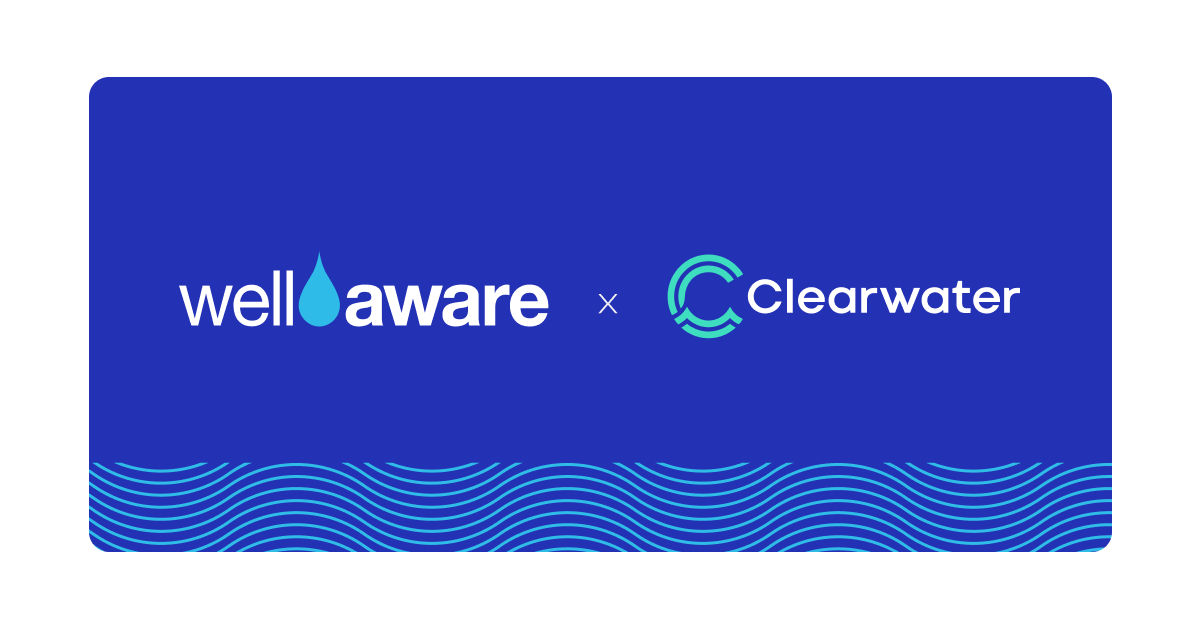As you search for affordable health coverage, you may come across health shares like ClearShare.
It almost sounds too good to be true. How can a low-cost plan allow you access to a national PPO network, but is not insurance? As you read these benefits the hair on the back of your neck starts to stand on end. This must be a scam, right?
Luckily for you, healthshares are legitimate.
At its most basic, healthshares are ways for members to agree to cover a portion of one another’s medical bills. These groups are non-profit organizations that have members who all agree to abide by a shared code of conduct to keep the care costs down.
Let’s break down exactly what a healthshare is, so you can decide if it’s right for you.
What is a healthshare?
Healthshares are not health insurance. It’s a different way to cover rising healthcare costs.
Healthshares use membership systems and a cooperative expense model in which members contribute to a communal fund to cover each other’s medical expenses.
In other words, it’s a community in which people come together to cover healthcare costs with their membership fees.
Here’s how it works when you join a healthshare:
- 1. Each month, you pay a membership fee. That money goes into a communal fund.
- 2. If and when you have a medical expense, you ask the healthshare organization to pay for it.
- 3. If the expense meets the Member Guidelines, the communal fund covers the cost.
-
How much do healthshares cost?
Your membership fee for a healthshare varies based on a huge number of factors, including:
- -Your age
- -The number of people in the coverage group
- -What level of membership tier you select
In order to save on costs, healthshares often don’t cover every type of medical expense (dental and optometry are usually separate), and they often exclude pre-membership conditions.
Is a healthshare right for me?
Healthshares aren’t right for everyone. These memberships might be right for you if you are:
- -Generally healthy
- -Under the age of 65
- -Worried about covering medical costs, especially in an emergency
-
People who are self-employed people or those who don’t have employer-provided insurance may turn to healthshares are a way to cover medical care. But even people with employer-provided insurance sometimes find that a healthshare is right for them.
For example, you may consider a healthshare if you:
- -Missed the open enrollment period for health insurance
- -Cannot afford your employer’s insurance
- -Want to supplement your health insurance
-
Healthshares aren’t the right answer for someone struggling with a chronic disease or someone over the age of 65. The best way to find the right coverage for you is to talk to an expert.
What’s is a healthshare code of conduct?
Since healthshares are not insurance plans, they operate as 501© nonprofits and are not subject to the same regulations as typical insurance companies.
Members are required to adhere to certain lifestyle standards to qualify for membership. In some cases, these can be religious or ethically based, but members do not have to be a specific faith to qualify.
ClearShare is not affiliated with a specific religion. Our Member Guidelines can be found here.
Pros and Cons of Healthshares
What are the key advantages and disadvantages to becoming a healthshare member?
Pros:
- -Significant cost savings, with low monthly payments.
- -Flexibility to join at any point during the year.
- -Huge PPO network meaning you can probably keep your normal doctor.
- -Gain support from a like-minded community.
Cons:
- -Limited coverage on pre-existing conditions.
- -Limited legal guarantees.
Are healthshares legitimate?
A healthshare is a legitimate health coverage option, but it’s not right for everyone. If you’re under 65, generally healthy, and don’t currently have employer provided insurance, a healthshare with a reputable company may be right for you.
Before you hop in, make sure this is the kind of coverage you need. Book a call with one of our experts to find the right coverage for your needs. We will show you healthshare options, major medical insurance, and marketplace options. Then we will recommend the right plan for you, even if it’s not with us.





